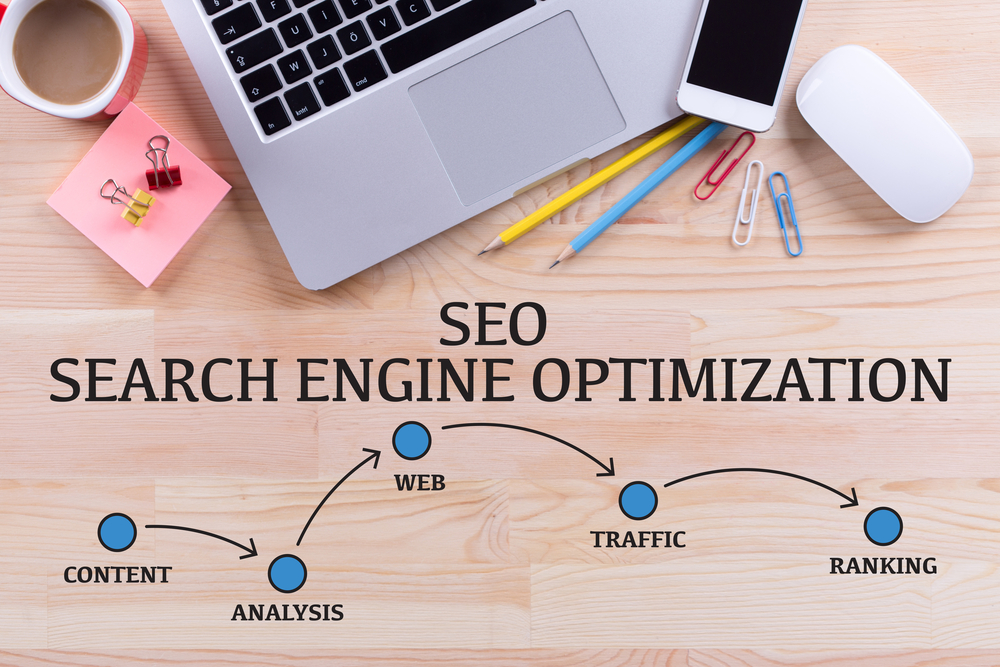There are many theories how search engines perform the indexing of websites. However, we often have limited information on how this can be performed. What we know is that bots seem to be quite efficient and effective in gaining information from our website. They can always determine the most important piece of information in our webpage and in the end, our webpage can be indexed in the most appropriate manner. Even at this moment, search engine bots are busy working and they index plenty of information. It is believed that Google has thousands of bots or crawlers that are working simultaneously. They will focus on obtaining largest piece of information from our website, which can be shown on the search result.
Search engines will first grab the URL of our website as the primary reference of our website. It happens when our website is entirely new and hasn’t been indexed before. Often, only our main page that is crawled by Google, but as our webpages get more backlinks, they will be indexed as well. If you want each of your webpages to get properly indexed, you should make sure that they have unique and excellent content. If your webpages have mediocre content or even duplicated from other websites, you shouldn’t expect that you will get the best results from your website. You should also know that the same webpage that have different session ID can be treated as different URLs. This will be bad for your SEO effort, because your attempt to promote a single webpage will be distributed based on different session IDs.
Deep crawler has a job of picking up all URLs from the list and it thoroughly crawls each URL, with the attempt of capturing all content, including text, image, videos and others. The priority is given to the latest webpages, so the newest content of your website will be indexed. The deep crawler also prioritizes on webpages that gave 301 and 302 redirect URLs. URL that gets high priority from external websites will also be prioritized. URLs with 404 error and very old date stamp are ignored, especially because the search engine has indexed old webpages during the earlier crawling sessions. Google also has the ability to crawl various documents, such as Word, PDF and Powerpoint. When looking for specific information, we often see that these documents are displayed and we can open them on the browser to get a quick read of the content.
However, deep crawling is performed based on queue system and when the crawlers have the time to do so, your website will be deep crawled. In a month, deep crawlers may navigate through billions of page and it may take up to 4 weeks to get your webpage fully indexed. Newer websites may take somewhat longer to index. If this is your situation, all you can do is to be patient and keep on producing excellent content that can’t be found anywhere else. Bottom line is that, you should ensure that your website is ready for the crawler, once it has arrived to your website.



